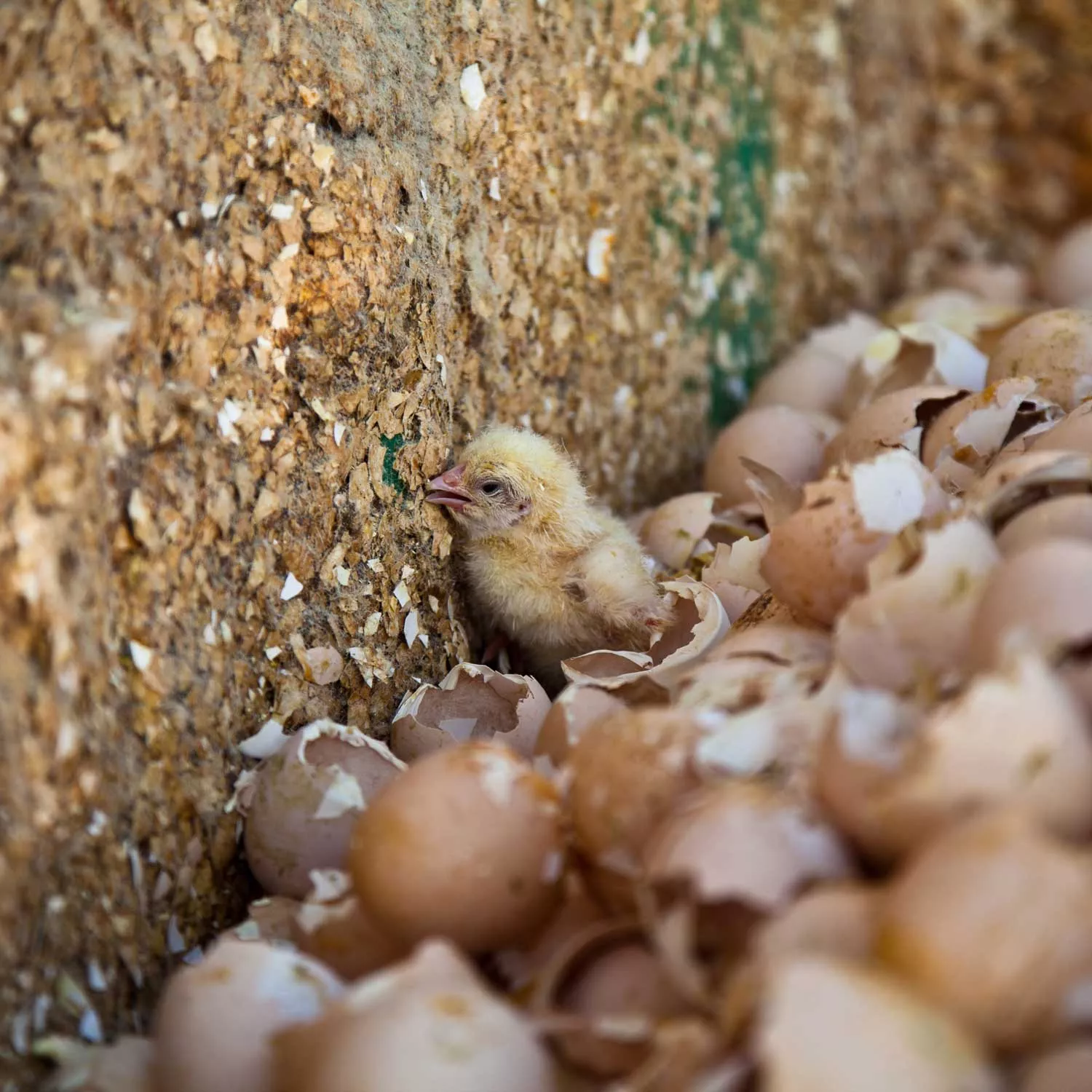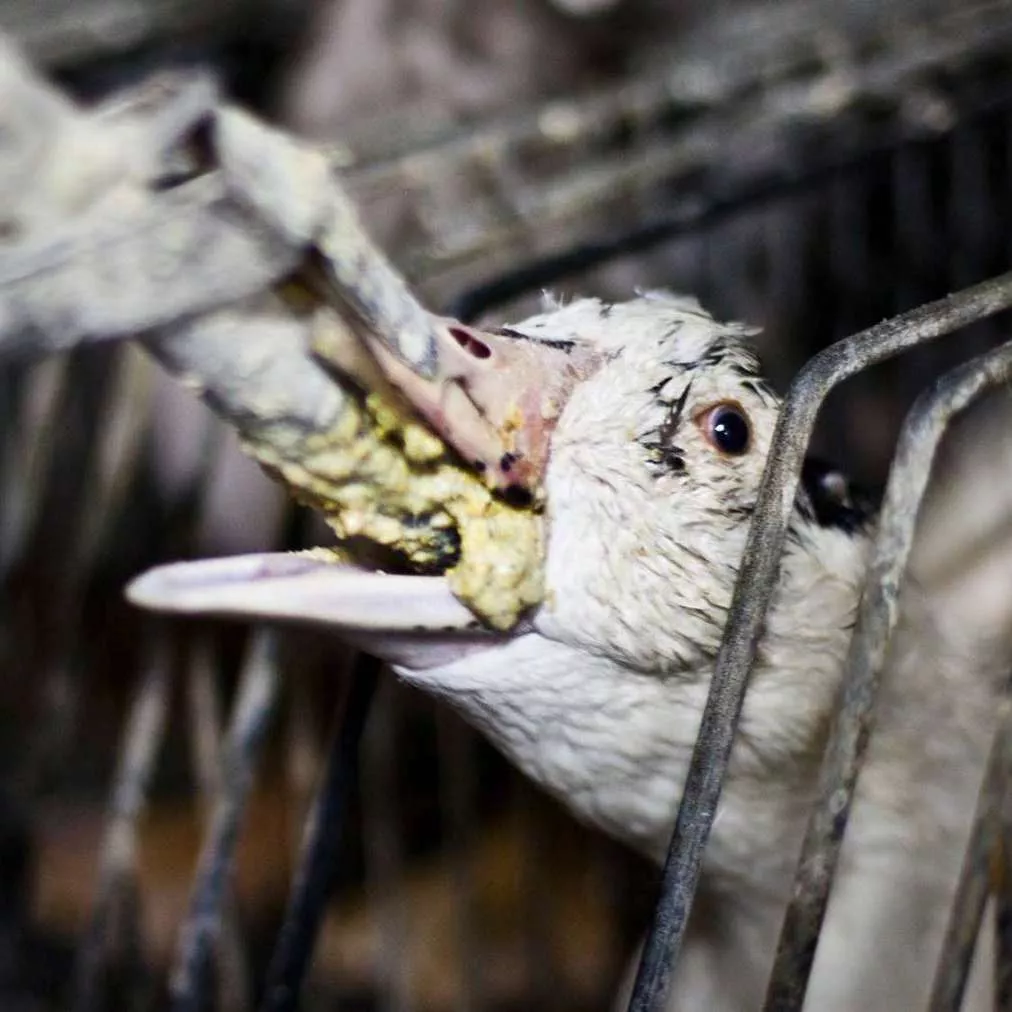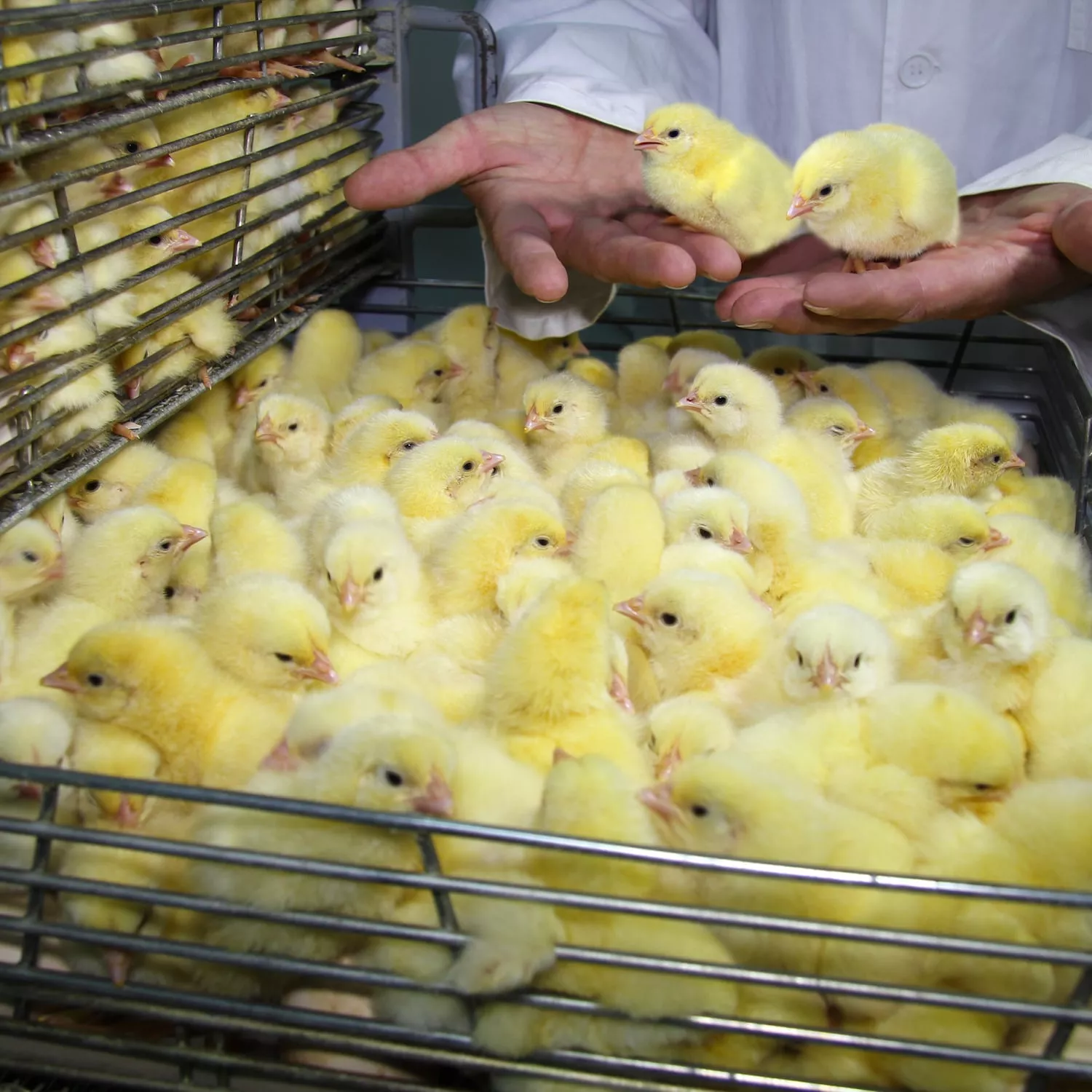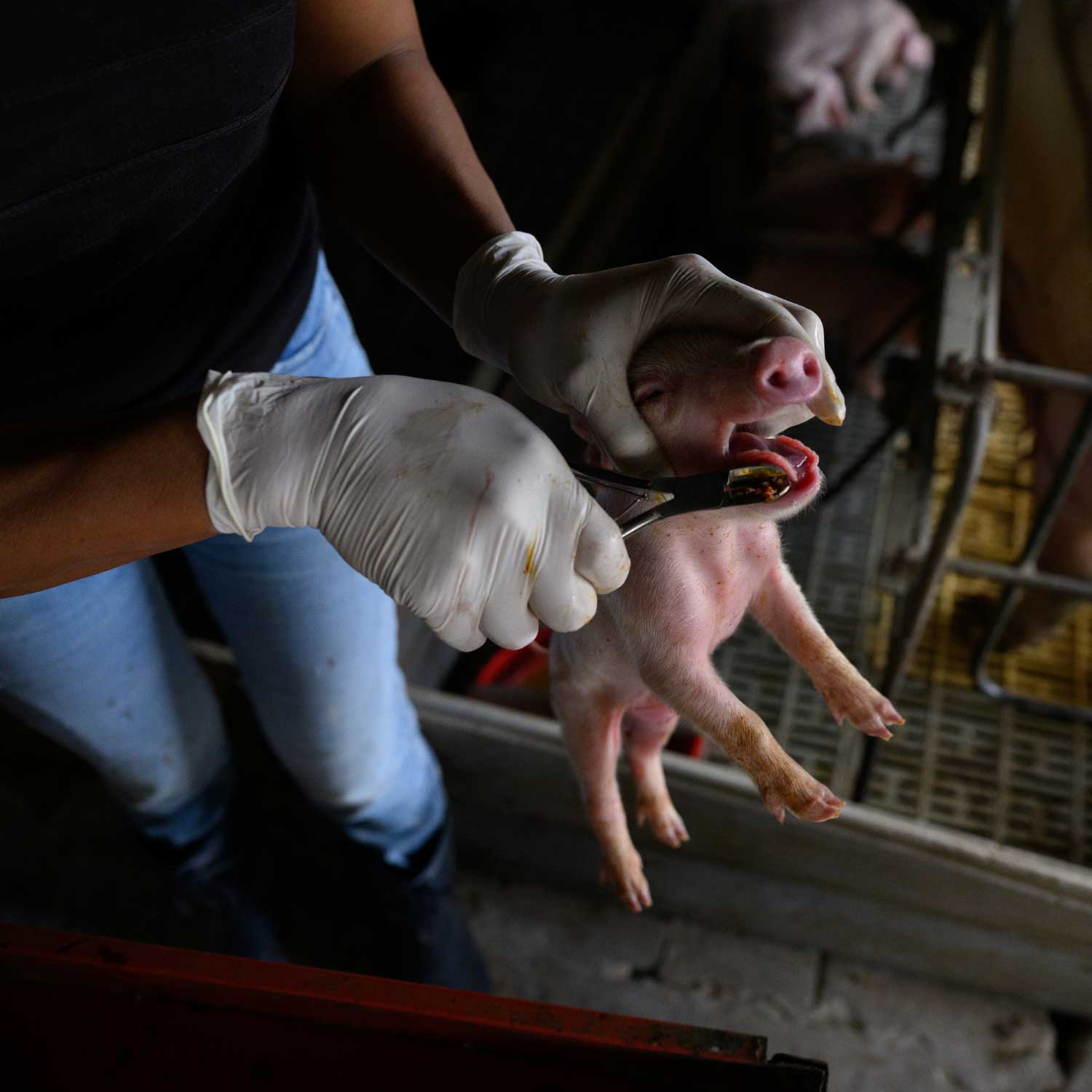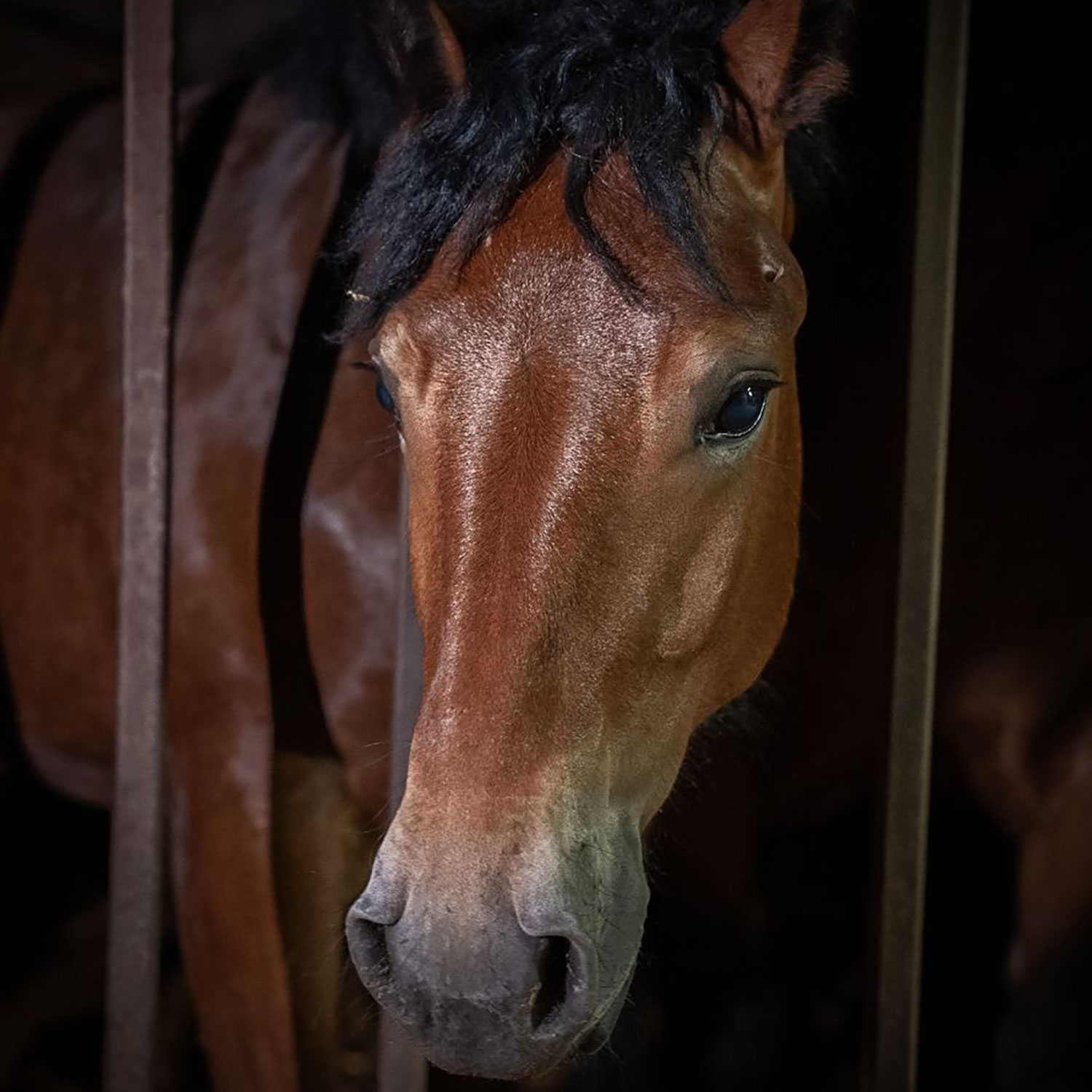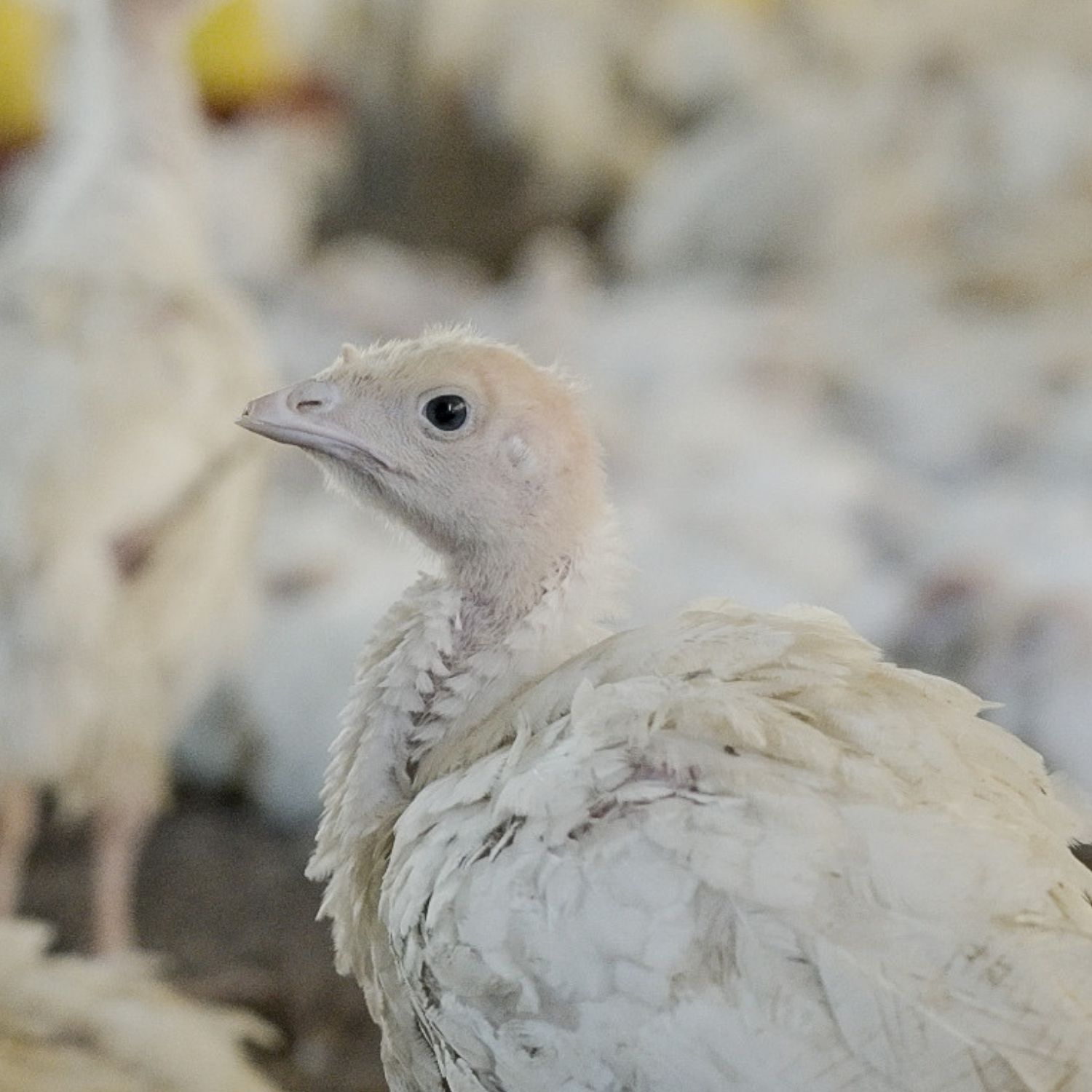First Latin American egg producers ban the killing of male chicks
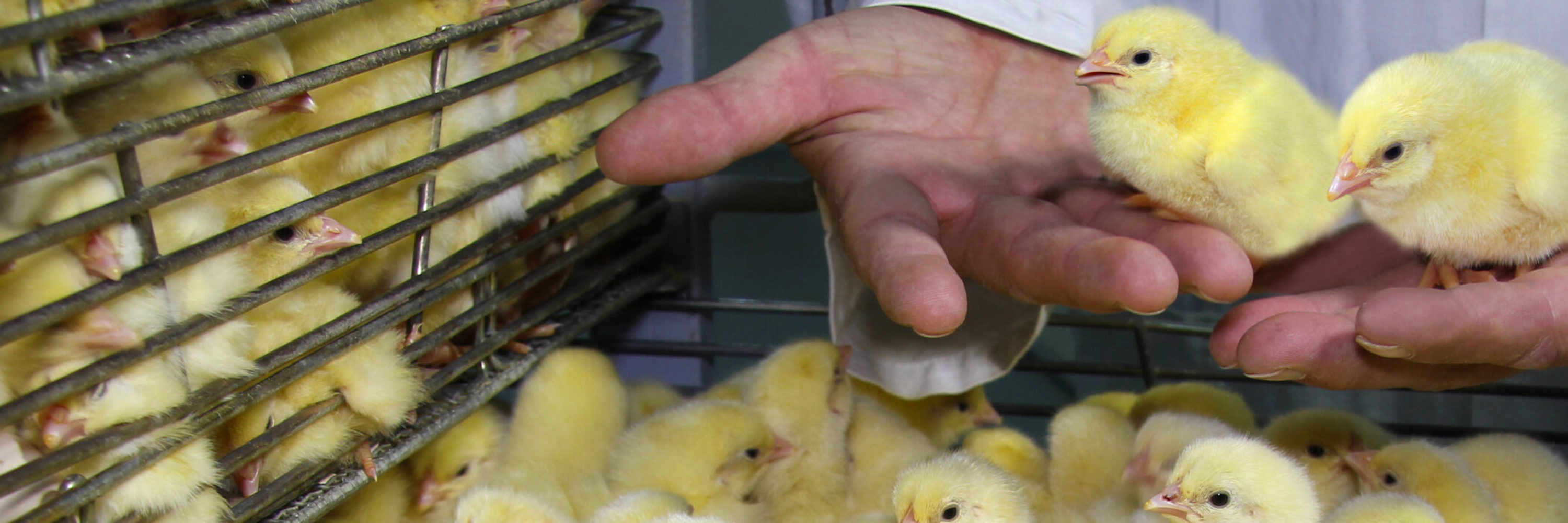
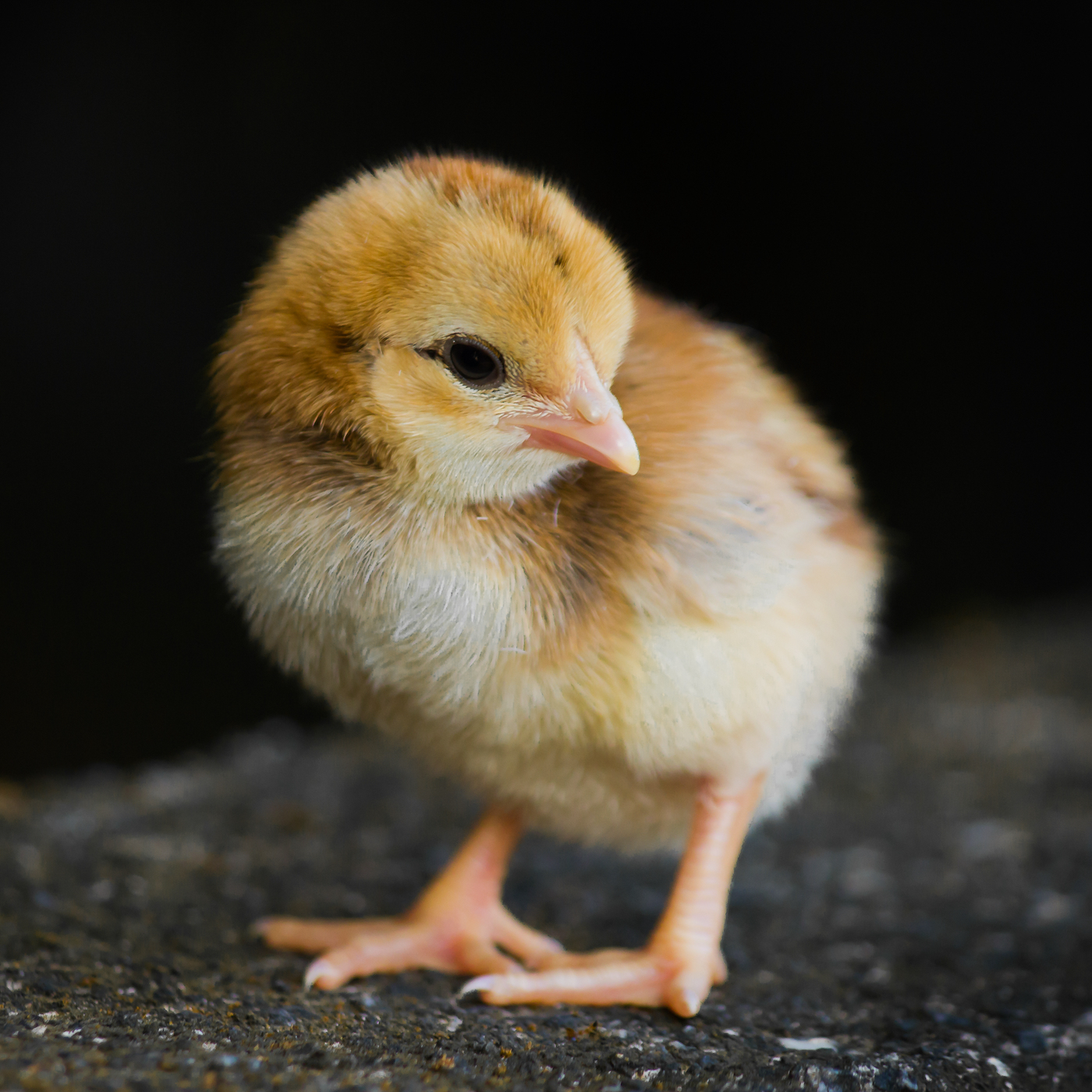
After negotiations with Animal Equality, Mantiqueira, the largest egg producer in South America, and organic egg producer, Raiar Orgânicos, became the first Latin American companies to commit not to work with hatcheries that kill male chicks in Brazil.
The companies will purchase from suppliers that use technology to detect the sex of the chicken embryos as soon as it is commercially available in Brazil.
In addition to these commitments, Animal Equality has been working for the approval of a bill that would prohibit the killing of male chicks in the state of São Paulo, which is the largest producer of eggs in Brazil.
Male chick killing in the egg industry
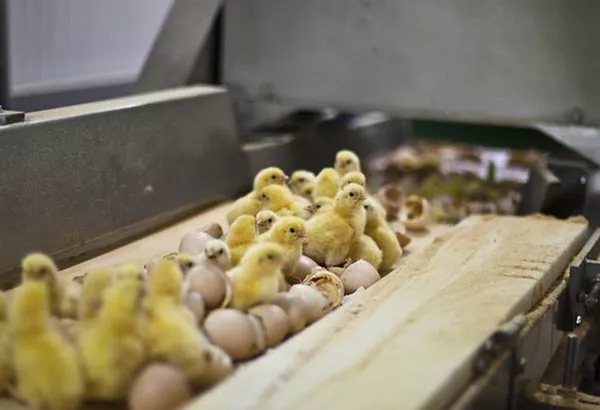
In the United States, around 260 million male chicks are killed each year –about 84 million in Brazil and 300 million in the EU–because they are considered worthless in the egg industry. Male chicks cannot lay eggs, and they are not the same breeds as chickens used for meat, so male chicks born into the egg industry are killed at just one-day old.
In some parts of the world, shredding chicks alive is not allowed. Yet undercover investigations have found that they may still be burned, crushed, or drowned. Another common method for killing these chicks is by using CO2 gas. This, too, is cruel – a recent study found that animals show behavioral signs of suffering during this process. In the U.S., some chicks are also killed by electrocution.
More countries are banning this practice
The routine killing of young and healthy animals has long been unacceptable to animal welfare experts, the general public, and animal protection advocates. With increasing public knowledge, the search for alternatives has intensified. Worldwide, there are various technologies that can make the killing of male chicks a thing of the past.
Switzerland banned the shredding of male chicks in 2019. In France, starting in 2023, more than 50 million male chicks are to be spared each year as the country formally bans killing male chicks in the egg industry. Germany introduced a new law in January this year, while other countries, such as Austria, are currently considering banning this practice too.
Animal Equality has long been drawing attention to this practice in the egg industry and has recently launched campaigns in the US, Brazil, Spain, Germany, and Italy, calling for support from the public to bring this practice to an end. Animal Equality recently got the Italian Senate to pass a bill banning the killing of male chicks.
Companies are beginning to reject the killing of male chicks
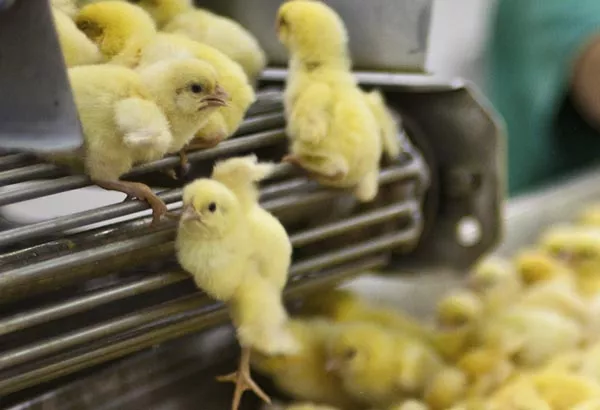
Unilever and the U.S. trade group United Egg Producers (a collective responsible for 90% of egg production in the U.S.) committed to supporting the development of alternatives and to use them as soon as they are commercially available. Aldi, a discount supermarket chain operating over 10,000 stores in 20 countries, has also announced it will phase out this practice.
Technologies to prevent the killing of male chicks
There are several methods of detecting the sex of the embryo before the hatching date, such as through sound waves and spectroscopically by using a special light. The male eggs are removed from incubation early on, before their nervous system is sufficiently developed to feel pain, and sparing them from being killed by suffocation or shredded alive.
How you can help male chicks
One of the best ways to help newborn chicks in the egg industry is to eliminate your consumption of egg products. There are plant-based alternatives that provide the same taste and texture as eggs do, yet do not condone the killing of day-old chicks.
You can also help by supporting our campaign to ban the killing of male chicks in the U.S.! These signatures will help us in conversations with legislators and businesses to end this practice.
Billions of baby birds face death on the day they are born simply because their lives are not profitable. Please sign the petition to end this massacre.

